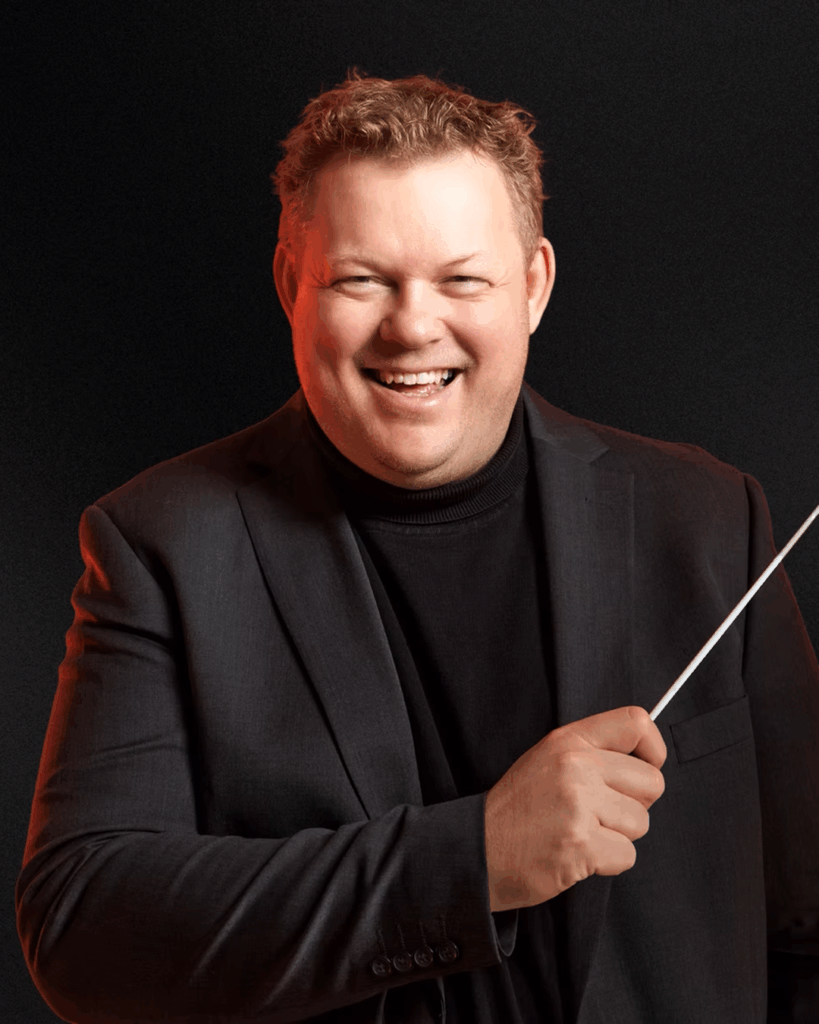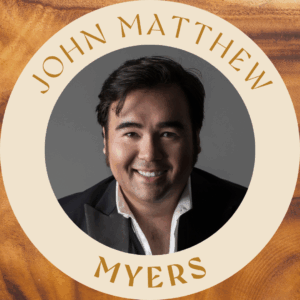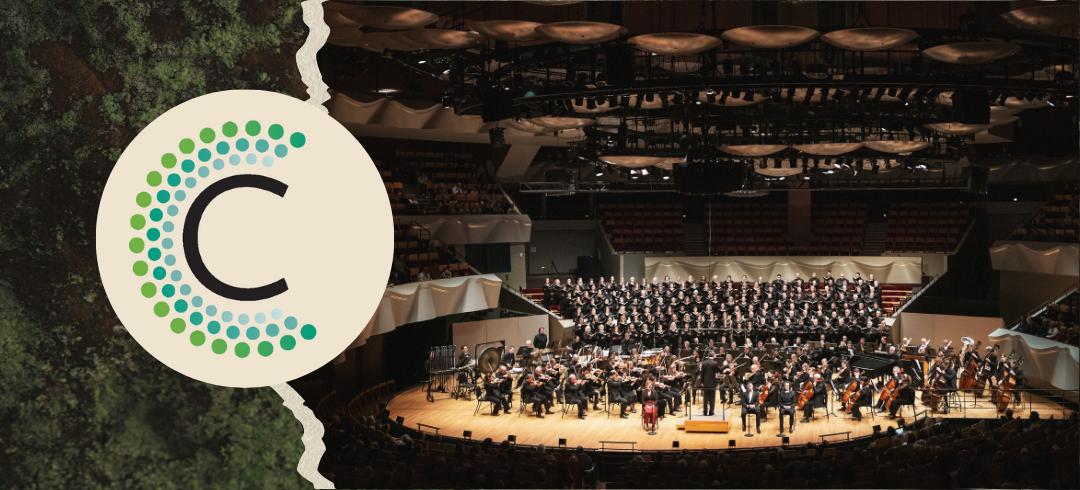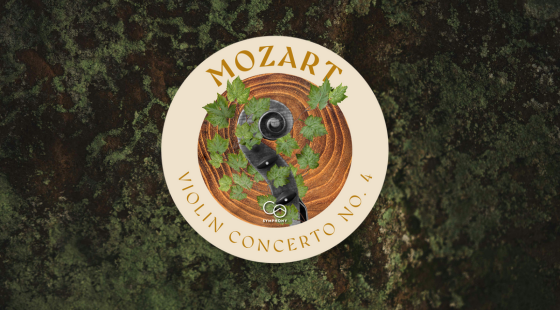Mendelssohn’s Lobgesang Comes to Boettcher Concert Hall November 7-9
As autumn deepens in Denver, the Colorado Symphony prepares to bring a work of grand spiritual expansiveness to Boettcher Concert Hall. Mendelssohn’s Lobgesang, Op. 52, with conductor Rune Bergmann at the helm, offers a rare chance for audiences to hear a score that combines orchestral brio, vocal solemnity, and theological meditation in a single sweeping arc.
A Composition Born of Celebration
Felix Mendelssohn wrote Lobgesang in 1840 for the 400th anniversary of Johannes Gutenberg’s invention of movable-type printing, the technology that transformed Western culture. Commissioned in Leipzig, the work was born in a spirit of thanksgiving: music to honor human creativity and communication. Mendelssohn selected texts from the Old Testament (in Luther’s German translation), framed them with chorales and hymns, and infused the entire piece with the compositional craft that made him one of the defining figures of the 19th century.
It premiered in Leipzig’s Thomaskirche in June of 1840, amid reverence, then saw a command performance before royalty later that year. Its mixture of instrumental “sinfonia” movements and largely vocal sections make it as much a hymn of praise as a symphony, often counted as Mendelssohn’s Symphony No. 2. It is both public spectacle and intimate devotion. The “Now Thank We All Our God” chorale that concludes it remains one of its most affecting moments.
Bergmann’s Baton, Boettcher Acoustics

Conductor Rune Bergmann comes to Mendelssohn’s work with a reputation for vitality and clarity. The Norwegian conductor, in demand world-wide, makes his triumphant return to the Boettcher Concert Hall podium, having quickly become an audience favorite in a pair of guest conducting appearances over the last 4 season.
Because of his prodigious height, he often conducts without a podium, and he brings a conducting style that is energetic, precise, and expressive. Lobgesang demands just that: the orchestral “sinfonia” that opens must balance spaciousness and momentum; the choral sections must carry both power and nuance; the soloists must communicate both individual emotion and collective faith. Bergmann’s experience with choral and operatic repertoire gives confidence that he’ll bring out the work’s dramatic and spiritual range.
And then there is the venue: Boettcher Concert Hall, with its 360-degree “in the round” design, where no seat is more than 85 feet from the stage and 80% are within 65 feet. It is a hall built for symphonic sound that is close, visceral, immediate. For Lobgesang — a work combining orchestra, chorus, and voices — the acoustics of Boettcher promise an immersive experience. The proximity of audience to performers, the gentle undulating surfaces, the canopy reflectors, the way sound can carry in the hall, will all be part of how the music feels to audiences.
What Makes Lobgesang Sing?
For those less familiar with Lobgesang, its structure is part of its drama. After the orchestral prelude — three movements alone — it launches into ten vocal sections. These are interwoven with soloists (soprano, tenor) and chorus, exploring themes of gratitude, darkness and light, the passage from sorrow to rejoicing. The piece builds toward its chorale conclusion: Nun Danket Alle Gott. It is less about narrative than about states of soul: lament, plea, hope, praise. In Mendelssohn’s hands the theological becomes sonorous architecture, each movement contributing thematic material that ripples through the whole.
It is also a work that lives somewhere between the secular concert hall and the church. It brings religious sentiment without dogmatism, musical drama without theatrical artifice, an ideal fit for a diverse modern audience seeking both transcendence and artistry.
Meet the Soloists



What It Means Now
In today’s world, with its divisions, rapid communication, and yearning for meaning, Lobgesang feels timely. Its meditation on darkness and light, its praise in the face of human limitation, its affirmation of creative power as something to be nurtured, resonates now perhaps more than ever. For Denver listeners, gathering in Boettcher Hall, the work will offer a moment of collective reflection and uplift.
Whether you come as a longtime Mendelssohn fan or someone new to this piece, the November 7-9 performances are sure to be memorable. Whether you attend anticipating solace, inspiration, or sheer musical‐thrill, Mendelssohn’s Lobgesang promises all. The pen is mightier than the sword. So too, Mendelssohn suggests, is melody, voice, faith.
Experience Lobgesang Live this November
The combination of Bergmann’s energy, the Colorado Symphony’s strength, the chorus under Taylor Martin direction, powerful soloists, and Boettcher’s enveloping acoustics promise to make Lobgesang not just a concert, but an act of praise.


